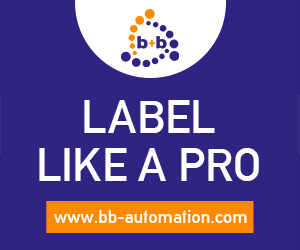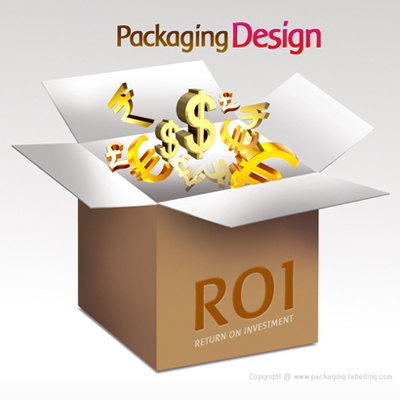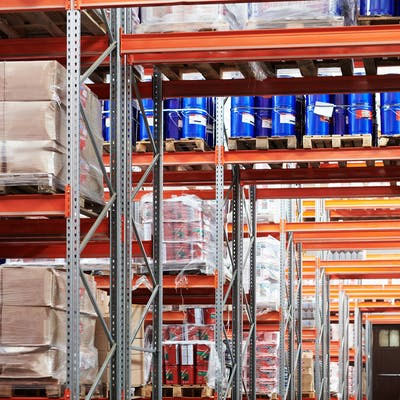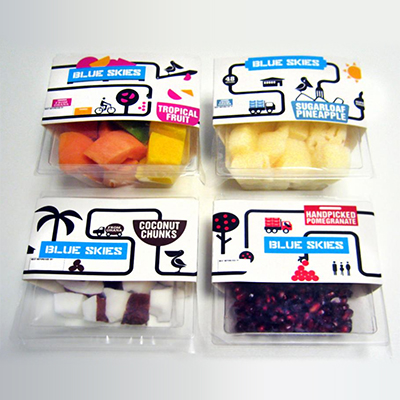Articles
Start Small, Then Scale the Packaging and Labeling Machinery
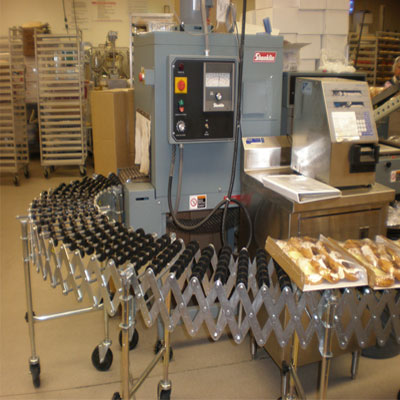
Very few companies start out by purchasing factory machinery and then pumping out products. Most small companies start out making their products in house, using the tools they have on hand.
Machinery doesn’t come until later after the company has enough capital to justify purchasing them. Huge efficiency gains are made by adding machinery to the packaging and labeling process at the right time during a company's growth. What follows are just a few of the things you need to consider before going in search of an automated packaging and labeling solution for your business.
Contracting an Existing Factory
Automation comes with risks that are often mitigated by contracting with a factory that is already set up to perform the work your business requires. The great thing about existing factories is they already have the staff to run and maintain the machines. No engineering expertise is required to get started.
Many of these factories are located overseas, in countries where labor and other resources are significantly less expensive than those in the European Union or the United States. This makes purchasing standalone machinery, thus beginning the build-out of what could become a factory, unnecessary for many small business owners who design and market their products but lack the expertise to produce them in-house.
Replacing Manual Labor with Automated Processes
There are plenty of reasons to automate packaging and labeling processes in-house, using your machines. It doesn't make much sense to ship your widgets clear across the world for labeling and packaging, only to ship them back home again. It's far, far more common for companies to have their products manufactured overseas, then complete the labeling and packaging back at home. If your inventory is perishable, outsourcing the packaging and labeling could be logistically impossible.
More savings are obtained by seeking out used machines, even machines that may need a little work to return them to operational condition. This is especially true if your company has someone on staff who knows about how machines work and can spot trouble before production grinds to a halt. When looking at buying used machines check for any excessive wear on levers and armatures, and whether the data and control cables are still in good working order not frayed and damaged - things that may be difficult or costly to replace or replicate.
When the Time is Right - Automate
Unlike manual processes, automated factory machinery doesn't require a small army of people to keep production humming along at a brisk pace. Often, the machines more than pay for themselves in saved labor costs.
Mike Lindell, the late-night infomercial star and self-made "Pillow King" of the world, started automating his processes almost immediately. He went from tearing apart his proprietary pillow stuffing material by hand to using an ancient hammermill he had to render from a friendly neighbor's overgrown field before he could use it. Now he owns a factory that pumps out 37,000 pillows a day, using a variety of machines to keep two assembly lines busy. He controls the quality of his pillows, including the packaging, and he can scale production with sales.
If this sounds like clear advantages for your business, it might just be the right time to consider automated packaging and labeling machinery.






